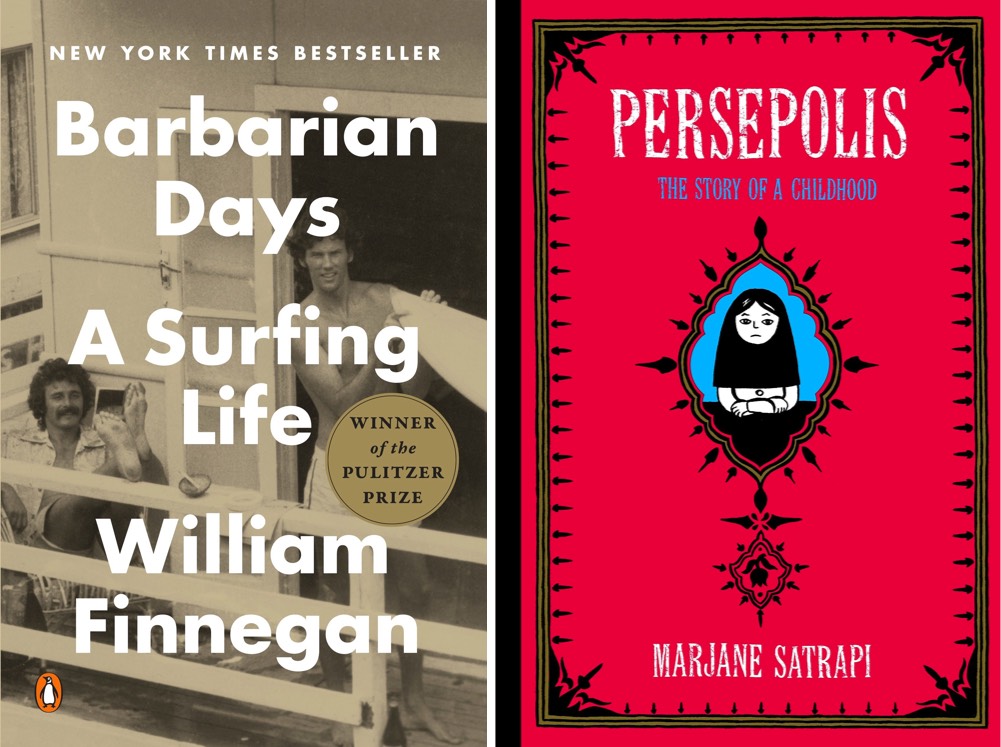WHY WAIT? Delete your Google account when you die.
More seriously:
Think about all the photos you have stored that your family and friends would like to have — or personal account information that your beneficiary will need to know about in the event of your death. There may be important files that you have stored on your Google Drive that someone will need access to. For those reasons, it’s a good idea to take five minutes and let Google know what to do with your data.
"When you were born, you cried, and the world rejoiced. Live your life in such a manner that when you die, the world cries and you rejoice." via JM
The 50 Best Memoirs of the Last 50 Years

The NY Times has compiled a list of the best memoirs published since 1969. Here are a few that caught my eye:
Persepolis by Marjane Satrapi. “At the age of 6, Marjane Satrapi privately declared herself the last prophet of Islam. At 14, she left Iran for a boarding school in Austria, sent away by parents terrified of their outspoken daughter’s penchant for challenging her teachers (and hypocrisy wherever she sniffed it out). At 31, she published ‘Persepolis,’ in French (it was later translated into English by Mattias Ripa and Blake Ferris), a stunning graphic memoir hailed as a wholly original achievement in the form.”
Hold Still by Sally Mann. “The photographer Sally Mann’s memoir is weird, intense and uncommonly beautiful. She has real literary gifts, and she’s led a big Southern-bohemian life, rich with incident. Or maybe it only seems rich with incident because of an old maxim that still holds: Stories happen only to people who can tell them.”
Boyhood by J.M. Coetzee. “The child of Afrikaner parents who had pretensions to English gentility, he was buttoned-up and sensitive, desperate to fit into the ‘normal’ world around him but also confounded and repulsed by it. He noticed how his indolent relatives clung to their privileged position in South Africa’s brutal racial hierarchy through cruelty and a raw assertion of power. Out in the world, he lived in constant fear of violence and humiliation; at home he was cosseted by his mother and presided like a king.”
Thinking in Pictures by Temple Grandin. “Grandin, a professor of animal science who is autistic, describes the ‘library’ of visual images in her memory, which she is constantly updating. (‘It’s like getting a new version of software for the computer.’) As Oliver Sacks wrote in an introduction to the book, ‘Grandin’s voice came from a place which had never had a voice, never been granted real existence, before.’”
Barbarian Days by William Finnegan. “William Finnegan, a longtime staff writer for The New Yorker, recalls his childhood in California and Hawaii, his many surfing buddies through the years and his taste for a kind of danger that approaches the sublime.”